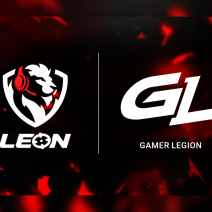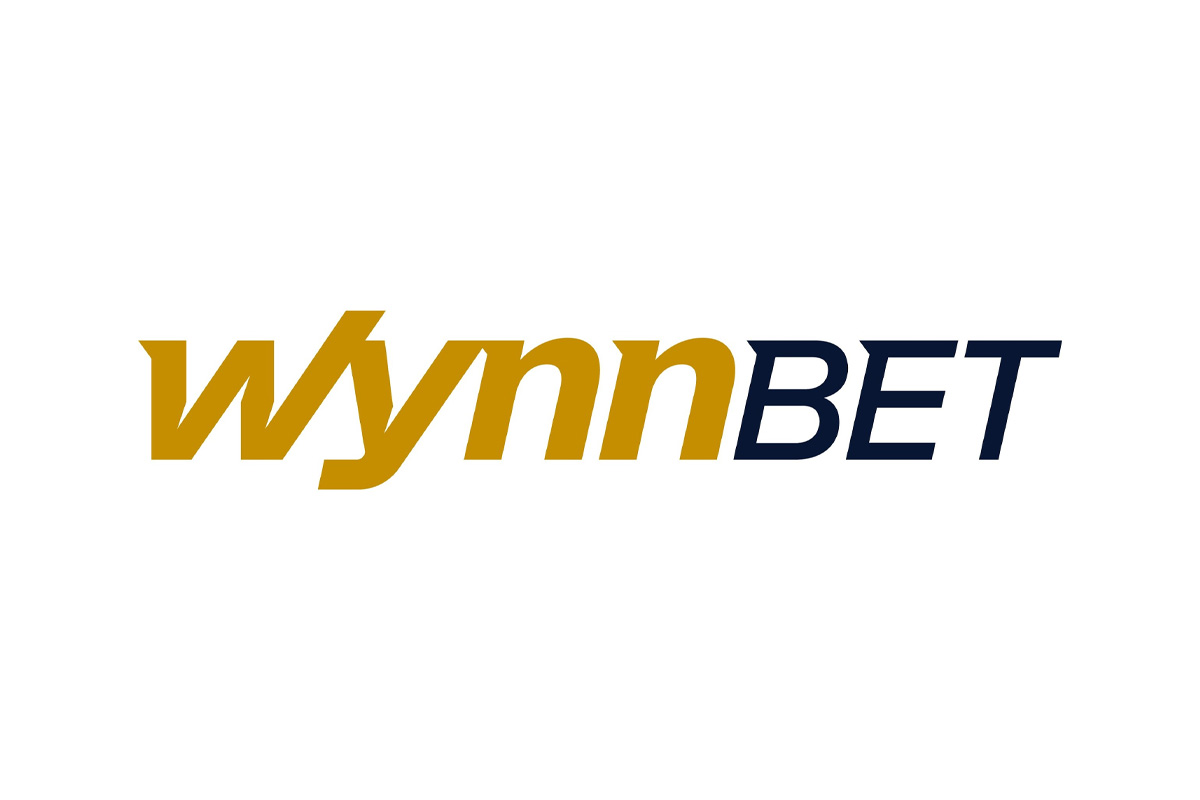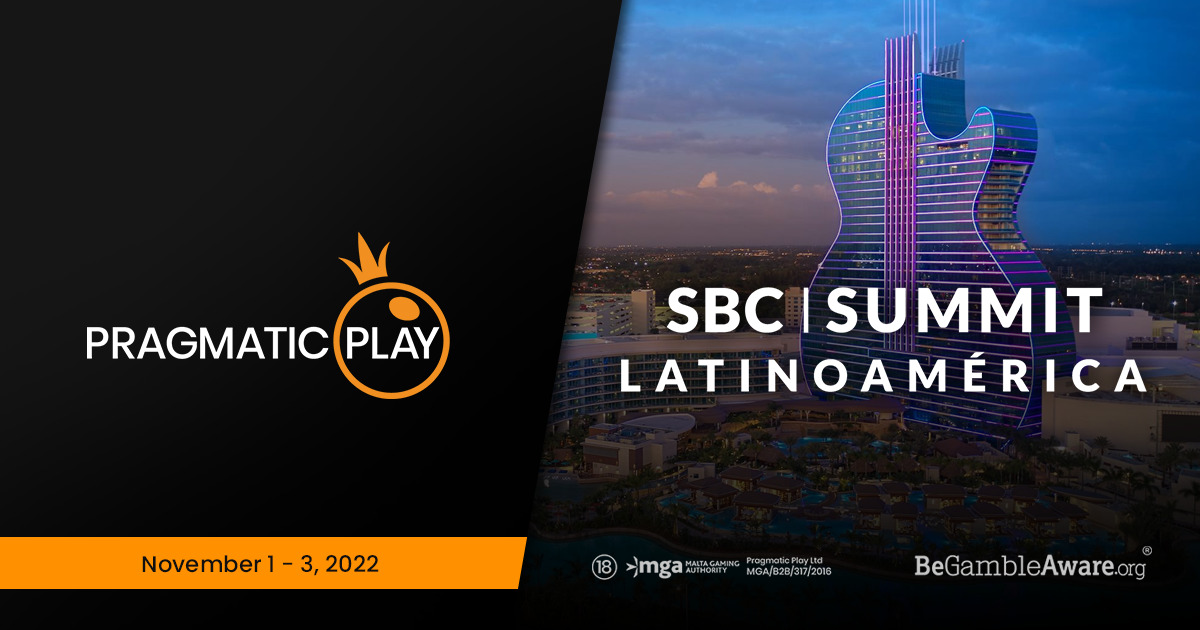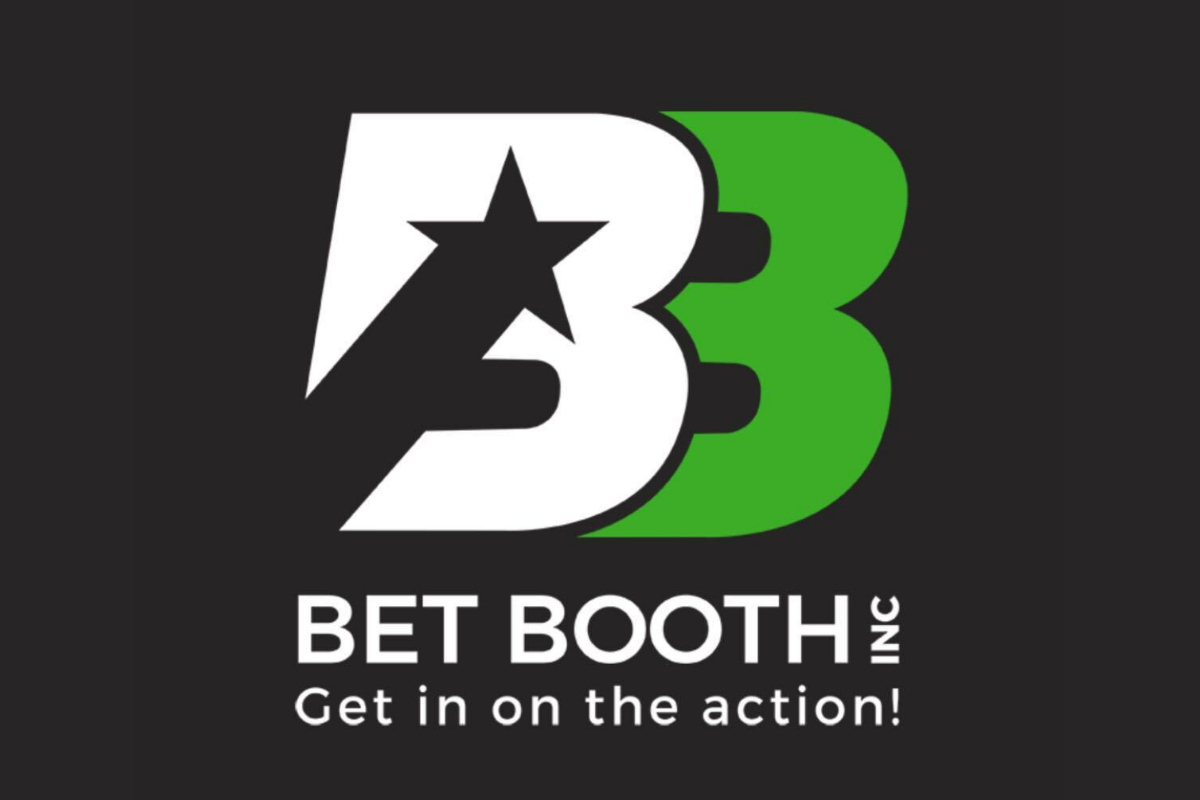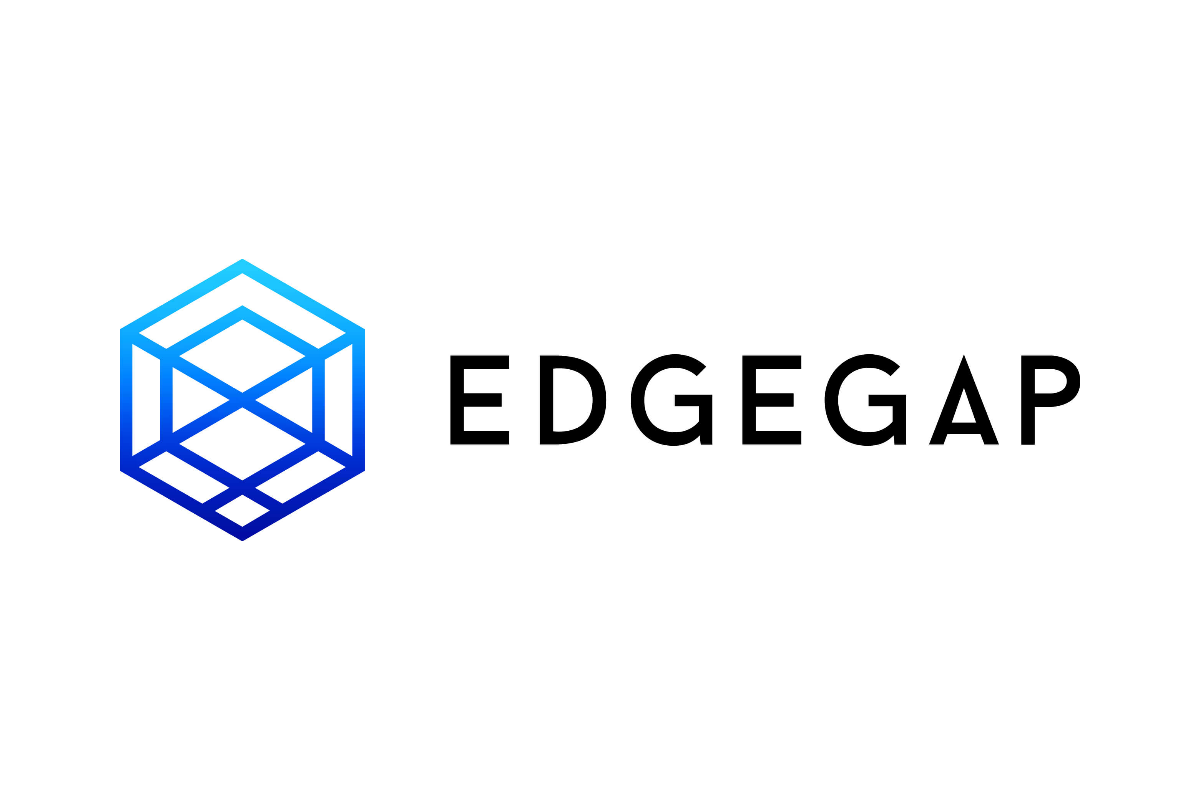
Edgegap adds seven netcode integrations to help democratize the development and hosting of multiplayer games
Edgegap, a Canada-based startup and pioneer in the edge computing industry & infrastructure automation, has made its platform even more developer-friendly with the integration of seven well-known netcodes for multiplayer and online gaming, including the recently released Unity Netcode for GameObjects and Photon Fusion, at the same time making the process of launching a game with multiplayer features significantly quicker and easier.
Having to spend time integrating a netcode with a specific infrastructure and going through the complex process of setting up and testing online features can take weeks, adding cost and complexity. By adding popular netcode samples and integrations to its platform, Edgegap has removed a significant amount of work, meaning a developer can have a game server deployed and ready to test in a matter of hours, if not minutes. The new integrations include Fishnet networking, Mirror networking, Photon Fusion, Proudnet, Photon Bolt, Unity Netcode for Game Object and Unreal Networking.
Edgegap provides a managed platform based on containerization which makes it simple and easy for any game developer to build, release and maintain multiplayer games worldwide. Whether it’s a 1v1 fighting game, a fast-paced first-person shooter or a massively multiplayer online game, Edgegap gives developers the tools to create a superior online experience with minimal effort and low latency.
Along with Edgegap’s existing plugins for both Unity and Unreal, the new integrations will make it simpler for Edgegap’s customers to host their online games – leaving developers to focus their time and effort on what they do best.
“Making a video game is never an easy proposition, but making a multiplayer game is even harder. Getting the right infrastructure setup is one of the most complex tasks for any developer, you just need to look at the number of major AAA games that regularly fall flat on launch day. One of Edgegap’s core missions is to democratize the creation of multiplayer games, by making the utilization of complex infrastructure as simple as possible. These new integrations take us one step closer to that goal, and will help bring a new wave of multiplayer games on the market faster than ever before,” said Mathieu Duperré, CEO and Founder of Edgegap.
The new integrations include:
- Mirror networking: Based on Unity’s UNET, Mirror is a completely open source, free to use and one of the simplest solutions to use based on having the same project for Client and Server.
- Fish-Networking: Fish-Networking is an open-source and feature-rich networking library for Unity, initially based on the Mirror networking project. While it removed some of the simplicity behind Mirror, it added and improved some features while optimizing memory usage
- Proudnet: A netcode built specifically for large MMOs, used by some of the biggest games coming from Korea and Japan.
- Unity Netcode for Game Object: Netcode for GameObjects is a high-level networking library built by the team at Unity. It enables you to send GameObjects and world data across a networking session to all players at once.
- Unreal Networking: The standard solution for the Unreal engine. Both efficient and feature-rich, used most of the time for Unreal games either as is, or as a base to improve upon.
- Photon Fusion: A state synchronisation networking library for Unity. It supports two fundamentally different network topologies and offers advanced features like data compression and lag compensation.
- Photon Bolt: A networking library built with dedicated server and listen server architecture in mind. Has a built-in event system and state replication engine which can synchronize object transforms and user-definable properties automatically.


